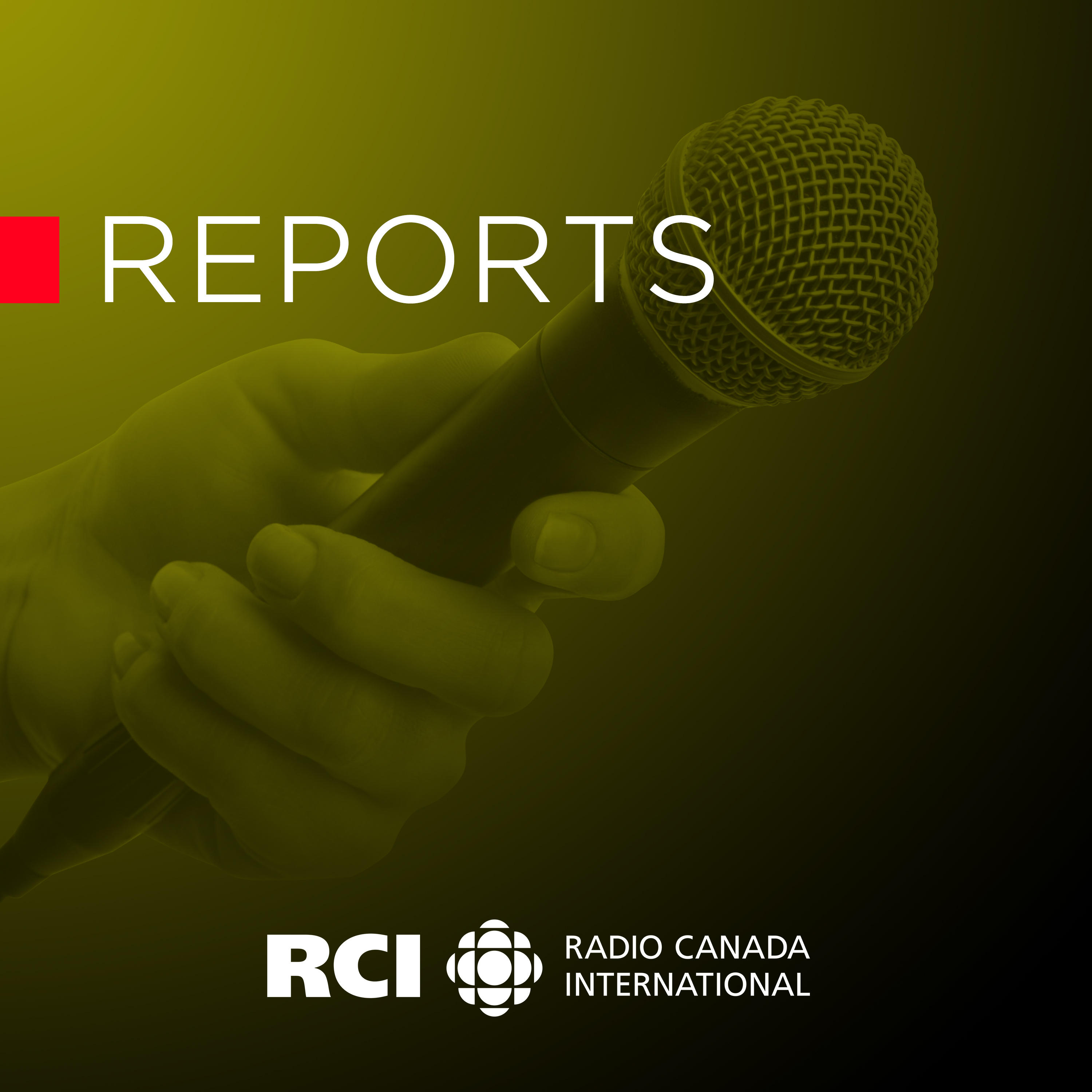‘Cold, dark and dangerous’ but the Arctic and space bring out the best in humanity: study
Description
When faced with an existential threat, the humanity will rally together despite geopolitical rivalries and political tensions between superpowers.
That’s the main lesson of a comparative study published in the journal Polar Record, by Michael Byers, Canada Research Chair in Global Politics and International Law at the University of British Columbia.
The article, titled Cold, dark, and dangerous: international cooperation in the Arctic and space, compares Russian–Western cooperation in the Arctic and space, despite ongoing tensions in Ukraine, Syria and Venezuela.
Whether its climate change or the threat of a potentially devastating asteroid collision, the history of Arctic and space exploration has taught us that countries would come together and put aside their differences, Byers told Radio Canada International.
“What my research shows is that when the going gets really tough, when things are really dangerous, countries will cooperate,” Byers said.
(click to listen to the full interview with Michael Byers)
ListenEN_Interview_3-20190613-WIE30
Extreme environments
A Canadian snowmobile rides along the Arctic ice in March of 2007 as part of annual Canadian Forces military exercises called Operation Nunalivut (Dianne Whelan/The Canadian Press)
The Arctic and space are remote, extreme environments, where human activity is dangerous and expensive, and these factors seem to push towards international cooperation, said Byers.
His interest in the subject was sparked when he realized that despite spiking tensions between Russia and the West following Moscow’s annexation of Crimea in 2014, international cooperation in the Arctic continued almost unabated, Byers said.
“And then I noticed that Russian rockets were being used to carry American, European and Canadian astronauts to the International Space Station, which suggested that cooperation in space was also continuing,” Byers said.
'Militarized but not substantially weaponized'
In this photo taken on Wednesday, April 3, 2019, a Russian solder stands guard as Pansyr-S1 air defense system on the Kotelny Island, part of the New Siberian Islands archipelago located between the Laptev Sea and the East Siberian Sea, Russia. (Vladimir Isachenkov/AP Photo)
The paper identifies eight different factors that seem to be contributing to the ongoing Russian-Western cooperation in both the Arctic and in space.
“One of the commonalities between the Arctic and space is that both regions are militarized but not substantially weaponized,” Byers said.
“In other words, both the Arctic and space are used heavily by militaries for surveillance and for communication, and sometimes for the transportation of weapons, but significant weapons systems are not actually based there.”
While nuclear submarines armed with intercontinental ballistic missiles prowl under the Arctic ice and strategic bombers regularly patrol the region, they are not permanently based there, he said.
“And in space we have literally hundreds of military satellites, providing communications and surveillance, and even targeting for advanced militaries,” Byers said, “but as far as we know, there are no anti-satellite weapons based in space nor is space used for the deployment of weapons systems aimed at the surface of the planet.”
This commonality reflects the fact that weaponizing these regions would be extremely expensive, he said.
“It would be a major diversion away from the military investments and deployments that Russia and Western countries do elsewhere in the world,” Byers said.
Reliance on 'soft law'
The heads of the eight Arctic nations’ coast guards take part in the Arctic Coast Guard Forum Academic Roundtable at Coast Guard base Boston, June 9, 2016.
More Episodes
Canada's international broadcast service from the English language team of Radio Canada International has come to an end.
RCI, (originally the International Service, CBC-IS) was initially created towards the end of the Second World War. The purpose was to broadcast news and information from...
Published 05/14/21
Published 05/14/21
The cost of compensating victims of Canada's now-infamous residential school system was over $3 billion, according to a final report released Thursday by Parliament's Independent Assessment Process Oversight Committee.
The committee, which has been overseeing the compensation process since...
Published 03/12/21


